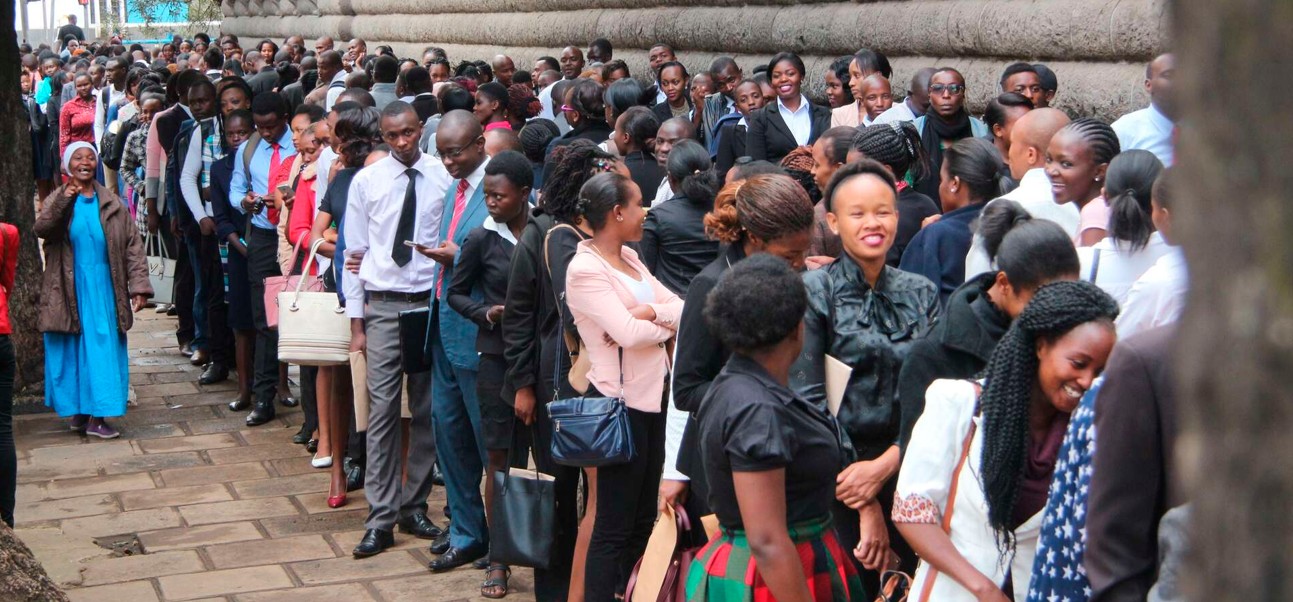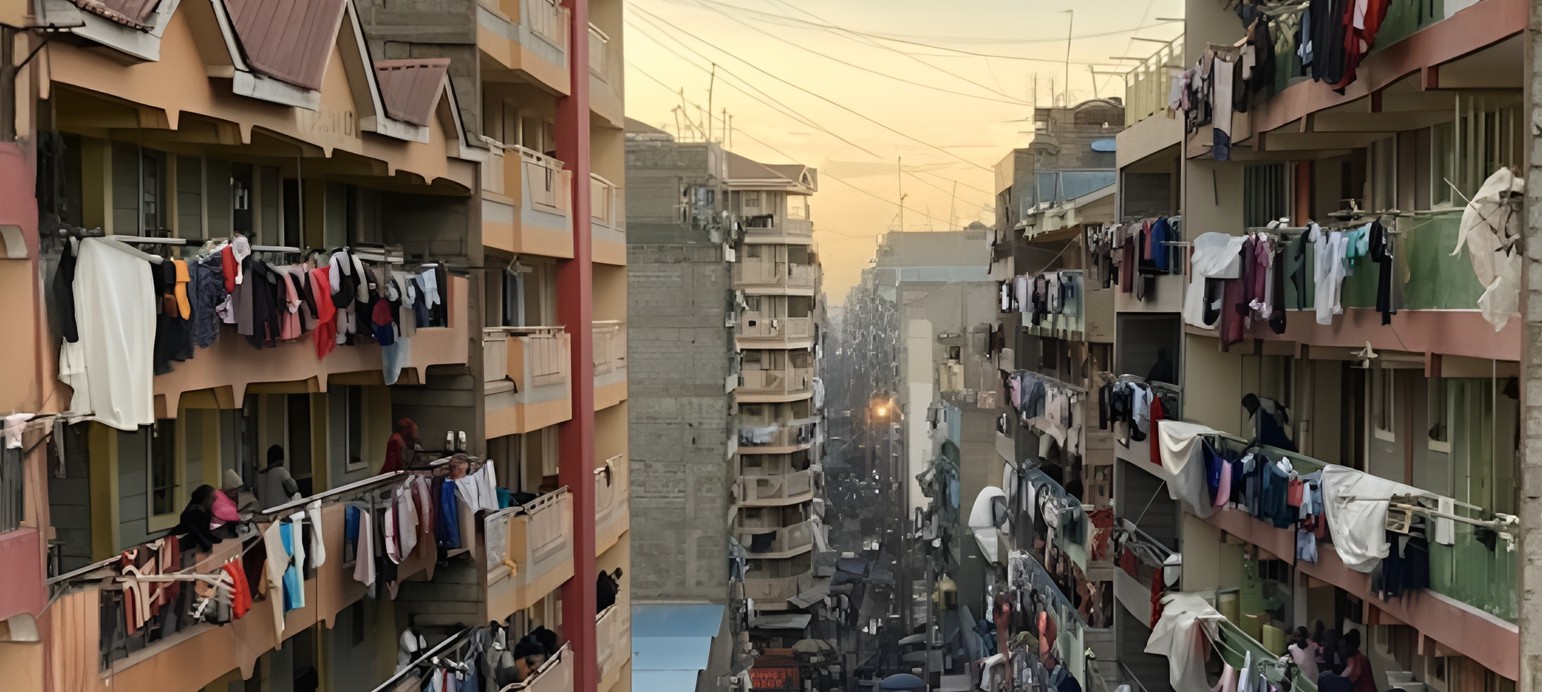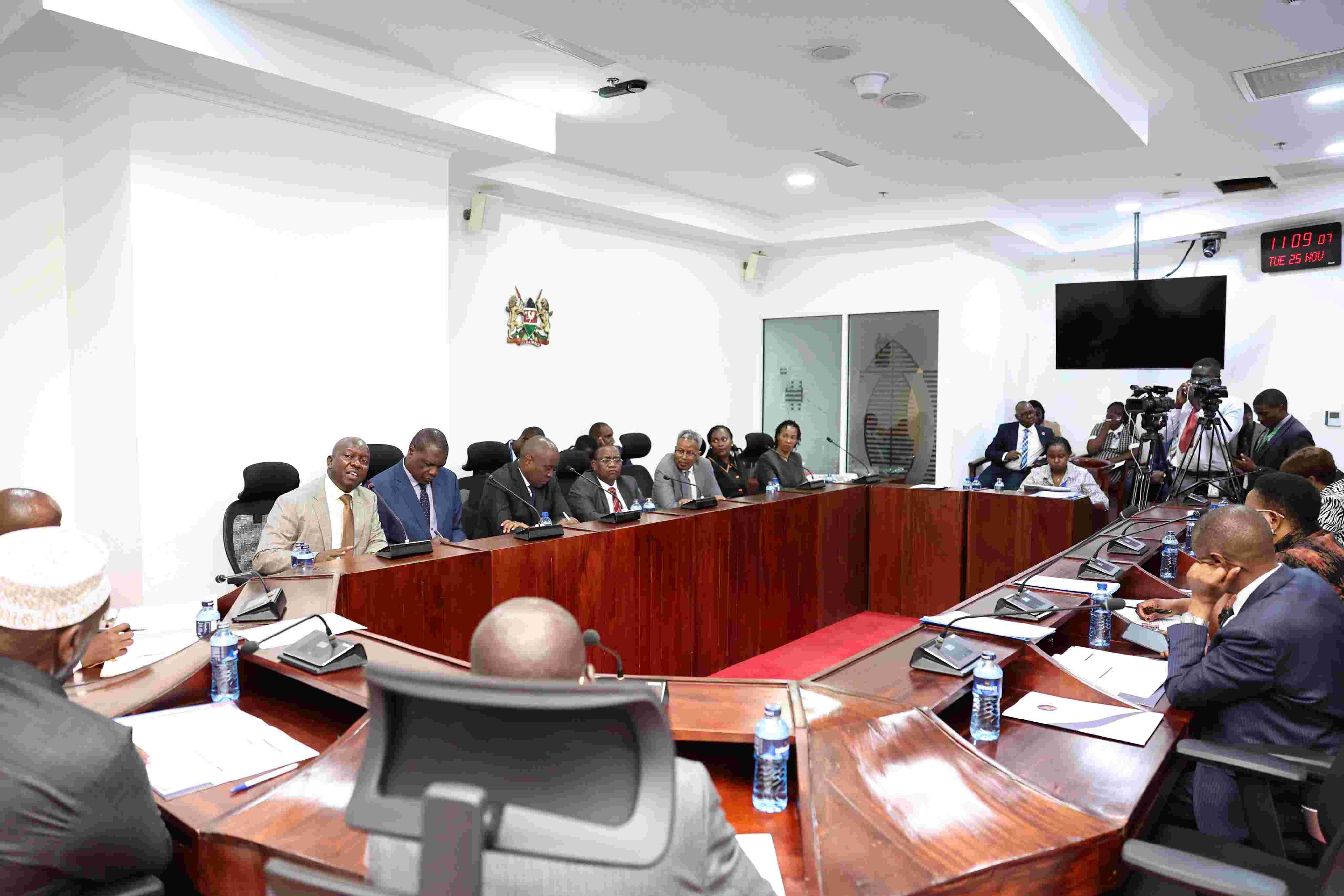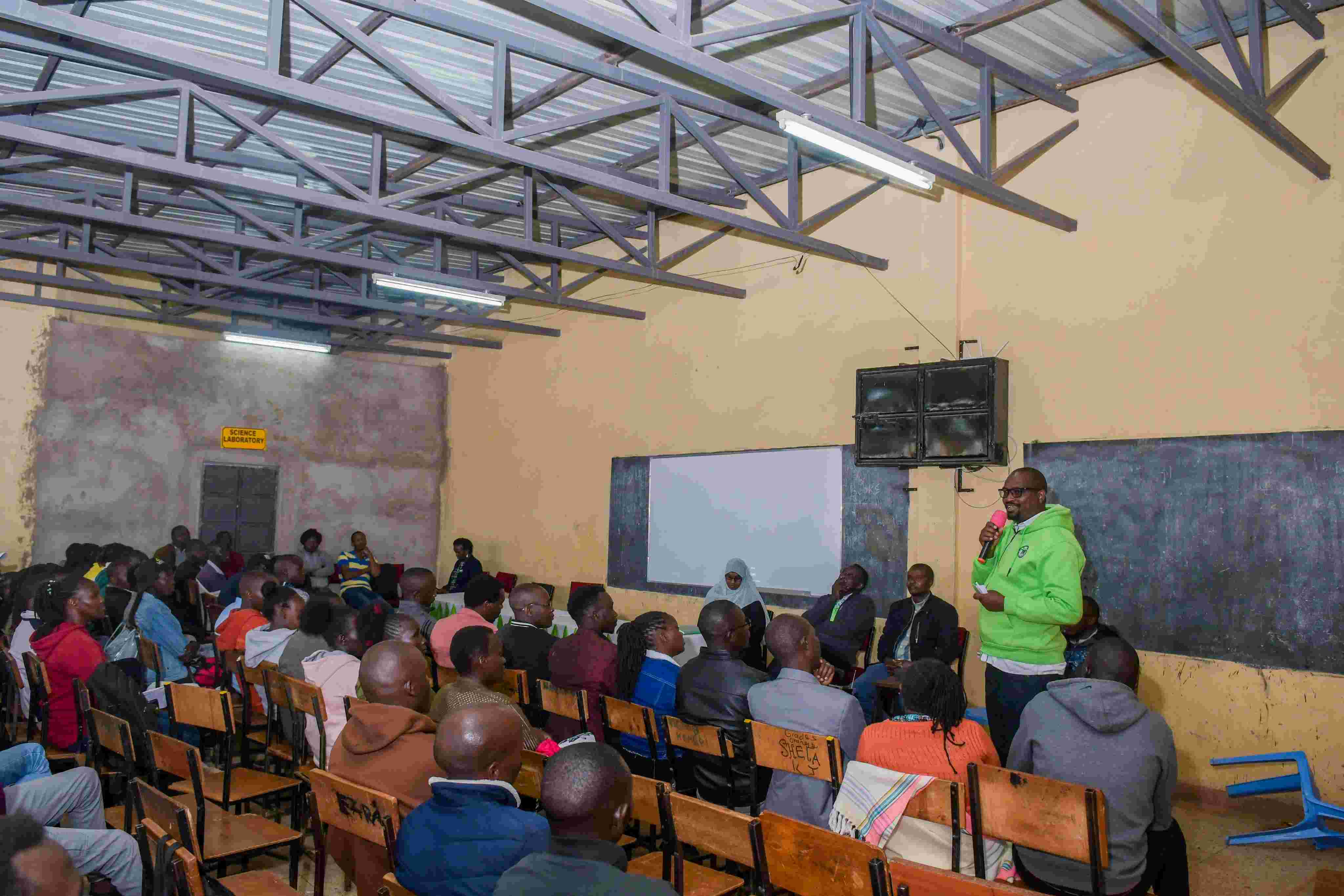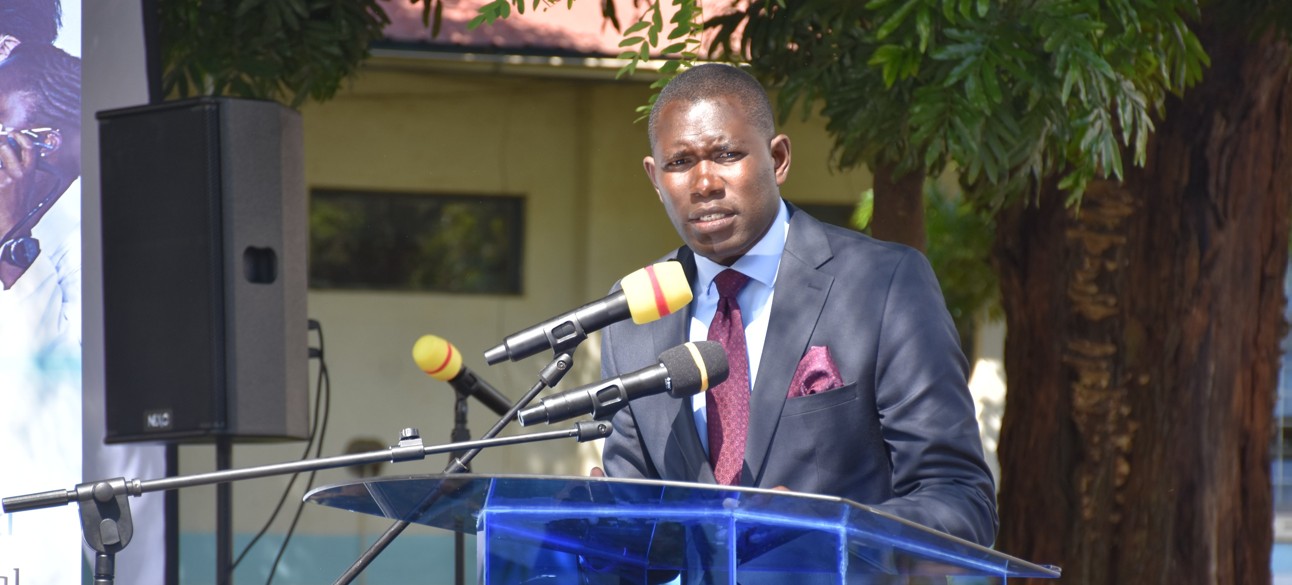Opinion: Act decisively to end mining-related conflicts in Isiolo, Marsabit
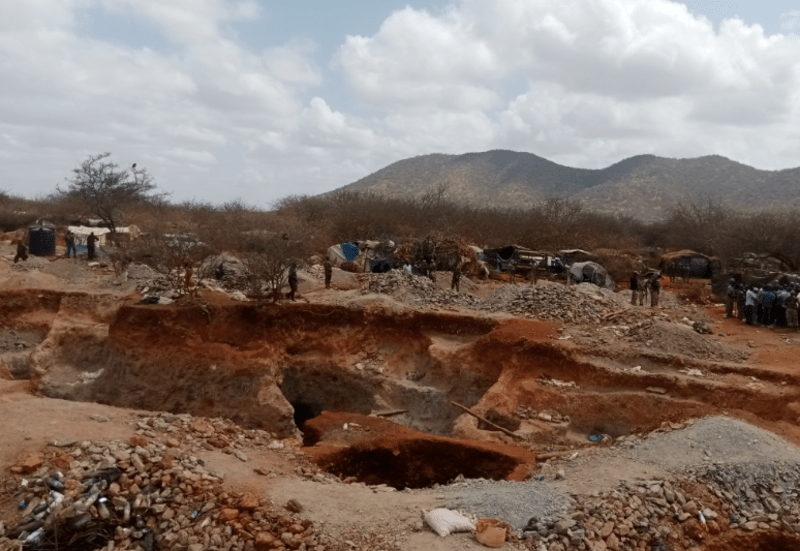
The use of harmful chemicals like mercury and cyanide poses significant health risks to uninformed miners and the surrounding community. These tragic incidents underscore the urgent need for the government to act swiftly and responsibly.
In March this year, Interior Cabinet Secretary Kithure Kindiki closed down the Hillo mine in Dabel, Marsabit County. He termed it a disturbed area and ordered a one-week rapid assessment to ascertain if other areas with mineral deposits could potentially attract problems.
A similar action was taken at the Kom mine in Isiolo where security agents were sent to assess the safety of the area for the locals. While these actions were necessary, they have since been marred by government inaction and negligence, leading to dire consequences for the people involved.
More To Read
- Isiolo courts investors as county pushes public–private partnerships in economic transformation drive
- Supreme Court to receive title deed by December 25, says DP Kithure Kindiki
- Historic water project launched to end generations of scarcity in Northern Kenya
- Kindiki’s office spends almost half of 2025/26 allocation within three months
- Kindiki: Kenya’s strength lies in unity, labour of its heroes
- DP Kindiki says Raila Odinga is safe, healthy and returning home soon
Despite the initial decisive steps, no report on the findings from the assessments has been released, nor has there been any clear communication on the government's intended actions. This lack of transparency has only sown confusion and frustration among local communities, leading to dangerous outcomes.
A week ago, Marsabit leaders and community representatives met with the Principal Secretary for Mining Elijah Mwangi in Nairobi to discuss measures for reopening the Hillo mines. They agreed on the necessity of reopening the sites through dialogue involving all stakeholders to effectively address the challenges that led to the closure of the mines. From this meeting, we anticipate actions will be taken.
The lack of a clear and timely response from the government has forced desperate individuals to continue mining illegally. Without adequate equipment and proper safety protocols, this unauthorised mining has resulted in numerous fatalities. The collapse of mining sites and violent clashes among miners have claimed many lives and left others with permanent injuries, including at least seven lives lost in Dabel.
The use of harmful chemicals like mercury and cyanide poses significant health risks to uninformed miners and the surrounding community. These tragic incidents underscore the urgent need for the government to act swiftly and responsibly.
The government's failure to provide a clear way forward or to disseminate information about mineral deposits found in these areas is a gross dereliction of duty. By dragging its feet, the government is not only endangering lives but also perpetuating illegal mining which further compromises safety and security.
The communities in Marsabit and Isiolo are left in limbo, caught between the promise of potential economic benefits from mineral deposits and the harsh realities of unsafe mining. The government's inaction has left these communities to fend for themselves, leading to illegal miners operating without oversight, risking their lives and the region’s stability.
What is needed now is immediate and decisive action from the government. First, the findings from the assessments must be made public. Transparency is crucial in rebuilding trust and ensuring the communities are adequately informed about the risks and benefits of mining.
Secondly, there must be a clear and actionable plan to address the safety concerns at these mining sites. This includes providing the necessary equipment and training miners to ensure their safety and well-being. The government should enforce the existing regulatory framework to ensure that mining is conducted safely and legally, providing economic opportunities while safeguarding lives.
There is a need to adopt environmentally friendly strategies in mining and a consideration for human rights, mining rights, and ethical practices.
The government must recognise the economic potential that these mines represent for local communities. Properly regulated and supported, these mining activities could provide significant economic benefits, creating jobs and stimulating local economies. However, this potential can only be realised if the government steps in to ensure that mining is conducted safely and sustainably.
Another critical aspect is the need for robust monitoring and enforcement mechanisms. Simply putting regulations in place is not enough; there must be a system to ensure compliance. This includes regular inspections, penalties for violations, and a transparent process for addressing grievances. The government must demonstrate that it is serious about upholding safety and environmental standards.
Lastly, the government must engage with the local communities, involve them in decision-making processes and ensure their voices are heard. Sustainable and responsible mining can only be achieved through collaboration and mutual respect between the authorities and the people they serve.
The current state of affairs at the Hillo and Kom mines is a stark reminder of the consequences of government negligence. The lives lost and the continued illegal mining highlights the urgent need for transparency, decisive action, and community engagement. The government must fulfil its duty to protect its citizens and harness the potential economic benefits of mineral deposits.
The writer is a health record information officer, social change maker, and programme officer at Northern Frontier Medical Association.
Top Stories Today


